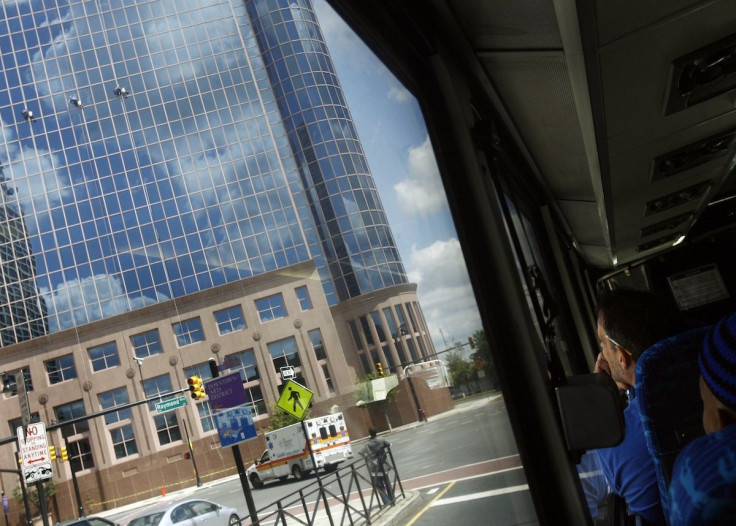NJ Fuel Tax Increase Arrives, COVID-19 Cited As Reason
New Jersey drivers are in for a nasty shock this morning if their fuel tank is a bit low. As of midnight on Thursday, a new fuel tax has gone into effect for the Garden State, raising gasoline costs by about 9.3 cents per gallon.
The news is likely not going to sit well, especially with commuters--but why is the increase happening now? According to NBC New York, the NJ Department of Treasury confirmed that the impact of COVID-19 was the primary factor in the tax increase, as lockdowns led to “lower fuel consumption trends.” In fact, standard fuel use dropped 38.7% percent between March and May of this year in the state, while diesel use dropped 16.5%.
This move keeps the state in compliance with the Transportation Trust Fund, established in 2016 by former Gov. Chris Christie. The fund called for the provision of $16 billion over eight years to pay for infrastructure maintenance and repair. In order to meet this goal, the state collects $2 billion a year from fuel taxes. The fund allows for the increase of the fuel tax in order to meet this annual funding goal.

© Copyright IBTimes 2025. All rights reserved.





















